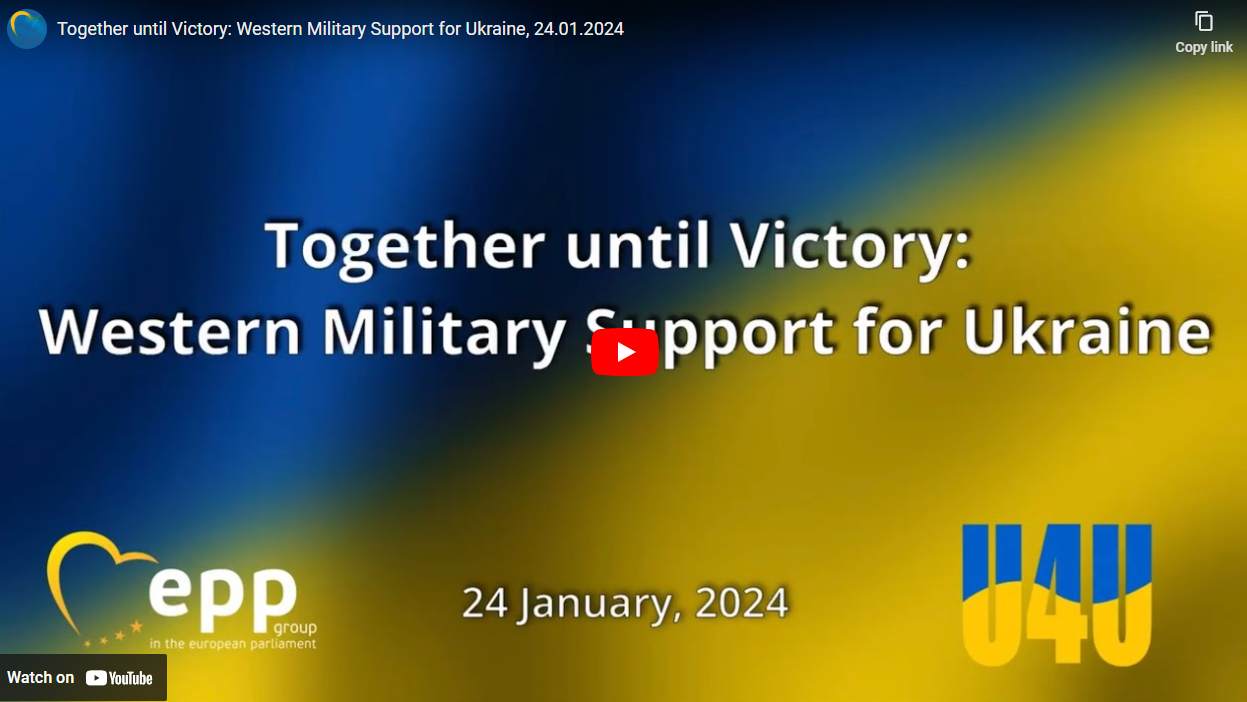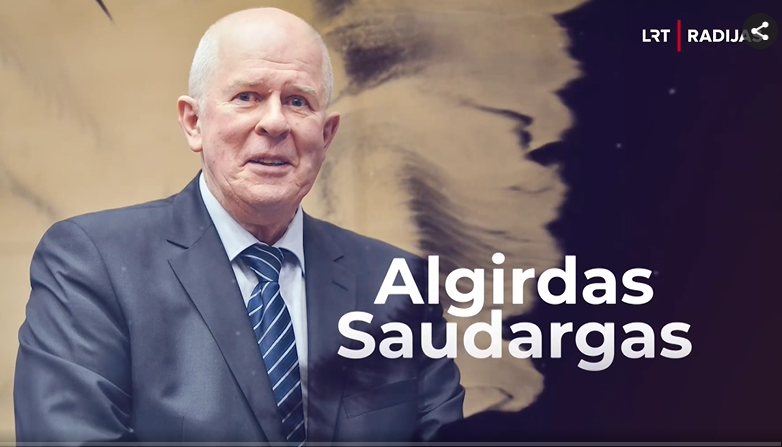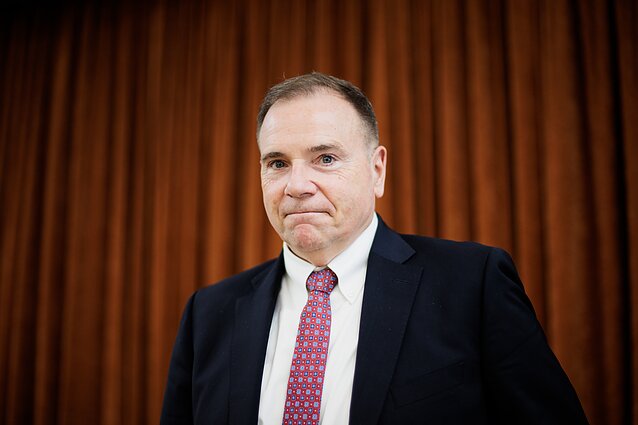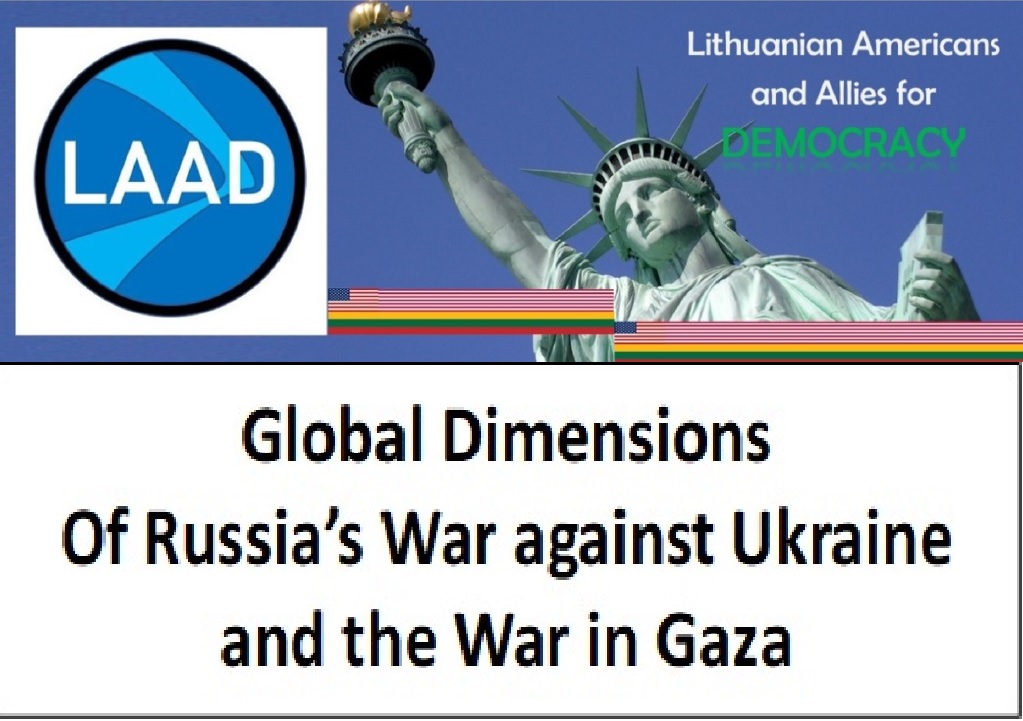With the failure of Ukraine’s counteroffensive this summer and the growing reluctance in the U.S. and Europe to continue funding the Ukrainian military, it might seem that Russia need only wait to achieve victory on its terms.
The remark by General Valerii Zaluzhny, Ukraine’s commander in the counteroffensive, that the war had reached stalemate, may be too optimistic. In a stalemate, time is on no one’s side. But with the prospect of Ukraine losing financial support, time might be running out for the kind of war that it has been waging.
There are other factors that make a continuing stalemate less likely. Russia has created a formidable defensive position. While the war has been costly in casualties and destruction on both sides, Ukraine is less able to bear the costs alone. Moreover, the disruptions in food and energy supplies create global pressures for ending the war. While most sympathize with Ukrainian resistance to the Russian invasion, the only outsiders who benefit from continuing the war are the arms merchants. Lastly, Israel’s war in Gaza has diverted world attention and created new uncertainties.
It might seem, therefore, that Putin’s victory is just around the corner. He can wait for the withering of Ukrainian internal capabilities and external support, and then complete his project of victory with the installation of a puppet government. But victory would not be so easy. Venturing beyond its defenses would expose Russian logistics to Ukrainian resistance and would re-ignite Western backing, possibly with air power.
And victory, even if achieved, would be a strategic catastrophe for Russia. It would cement enmity with Europe and the U.S. Sanctions would become irreversible. Isolation would increase dependence on China, complicating Russian vulnerabilities on its Siberian front. Controlling Ukraine would be a drain on Russian resources even greater than the occupation of Afghanistan. The continued militarization of the Russian economy would preempt diversification away from relying on petroleum revenues.
Demographically, Russia is not simply getting older, like the rest of Europe. The post-communist crisis of the 1990s caused a severe decline in births, creating a shortage in the current workforce. This has been amplified by the exit of thousands of middle-class Russians. Victory would not make Russia great again. It would expose and accelerate its decline.
Russia’s best hope for a positive outcome in Ukraine is a negotiated peace. But without a strong Zelensky government, Russia would lack a credible negotiating partner. An agreement would ease Russia’s military burden and please not only Europe and the U.S. but also China and the global South. Sanctions could be lifted, and attention could be turned to the restoration of both the Ukrainian and Russian economies. Neither side would have achieved its war aims, but a total victory appears impossible for Ukraine and self-destructive for Russia.
Both sides would bargain hard for maximum advantage, but what do both sides need? First, they need to end the war without surrendering. The agreement would be based on the recognition of demonstrated realities, and the furthering of national interests in the light of these realities. Neither side is indifferent to the costs of war, and neither can realistically imagine achieving all of its objectives.
Second, the strategic security of both sides must be guaranteed. The permanent demilitarization of zones of contact is a necessary beginning. Ukraine needs the assurance of European solidarity, and thus membership or at least a fuller partnership with NATO and the EU. But Russia needs assurance that the expansion of NATO does not threaten its own security. Perhaps Finland could play a role in negotiation, since it is the newest member of NATO and the one most experienced with arranging border security with Russia.
Perhaps most difficult are questions of people and territory. Crimea is a special case, and an internationally controlled plebiscite is perhaps the answer. Beyond Crimea, the starting point should be the guarantee of equal treatment and respect for ethnic Russians and Ukrainians, free return and protection of emigrants, and the establishment of responsive local governments. The last and most cheerful area of discussion is post-war reconstruction, which should be pursued on the principle of connectivity within the Ukraine and beyond.
It might seem that time is on Russia’s side in the bargaining game. However, Russia needs a credible bargaining partner. Currently, the failure of the counteroffensive and the sobering prospect of diminishing external support should make the Zelensky government more open to compromise, if only unofficially.
And any agreement that it would reach would have weight within Ukraine and among its allies. The point of an agreement would be for both Russia and Ukraine to move from war to strategic security. This is not a matter of winning every detail, but of the credible commitments of the opponents and the approbation of their supporters.
Brantly Womack is a senior faculty fellow of the Miller Center at the University of Virginia and author of “Asymmetry and International Relationships.“






